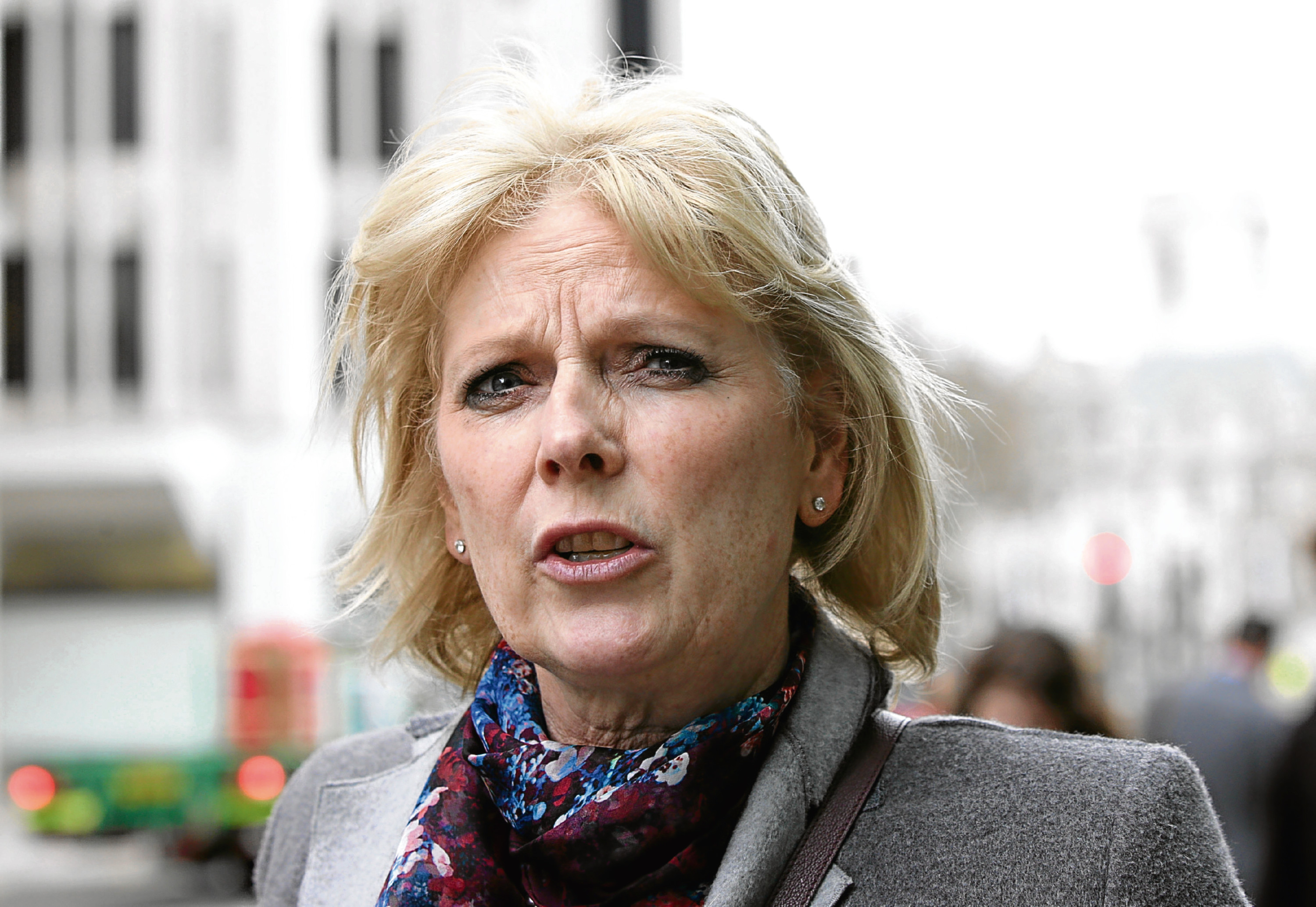
POLITICS is a brutal business.
Watching heavyweights like Alex Salmond and Angus Robertson cut down on General Election night was proof enough of that.
As many MPs have said to me since, it must be one of the only jobs in the world where people cheer when you lose.
Harsh.
But they know what they are getting in to; they know as our representatives they are held to a higher standard, to expect criticism.
What no one should have to face is abuse or harassment.
Yet, worryingly, MPs – particularly female MPs – are dealing with this increasingly regularly.
During the last two election campaigns, as well as in normal parliamentary term-time, there have been sickening examples of intimidation both online and in real life.
Earlier this month, Conservative MP Sheryll Murray revealed someone had urinated at her office door and described receiving death threats on social media.
Her colleague Anna Soubry (pictured) has also been targeted. Last year, a man tweeted asking for someone to “Jo Cox” her.
I could go on and on – and I will.
Labour MP Luciana Berger has suffered repeated anti-Semitic abuse online, while her colleague Stella Creasy became a victim after she supported the campaign to put Jane Austen’s image on the £10 note.
She was branded a witch and received rape threats.
Labour’s Diane Abbott has also spoken out about receiving sexist and racist abuse online.
And police had to be called to the Women’s Equality Party offices in the run-up to June 8 amid a flood of threatening phone calls.
It makes my blood boil that this kind of nonsense goes on. What is particularly disgusting is the way in which so much of it is inflicted from beneath the cloak of invisibility that social media platforms can provide.
Politicians – and journalists – have to put their name to their opinions. The same is not true of the perpetrators of these cowardly attacks.
I’m looking forward to going on maternity leave for a whole host of positive reasons, obviously.
But it will also be great not to have to tweet.
Thankfully, I have not been on the receiving end of any abuse, but still find it an unpleasant space. I would love to be able to engage with the sensible people, but don’t think it’s worth the risk and now barely check my notifications.
Theresa May, who has announced an inquiry to look at the nature of the problem and consider current protections, says she believes the issue is putting good people off running for parliament.
She is absolutely right.
We want and need a diverse range of politicians to reflect our society, people who will seize the opportunity to effect change.
To be able to do so is surely one of the greatest privileges.
But if having the chance to make a difference means putting yourself or your family in danger, many will understandably choose another path.

Enjoy the convenience of having The Sunday Post delivered as a digital ePaper straight to your smartphone, tablet or computer.
Subscribe for only £5.49 a month and enjoy all the benefits of the printed paper as a digital replica.
Subscribe